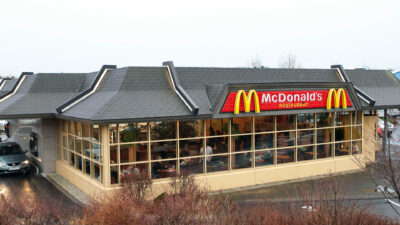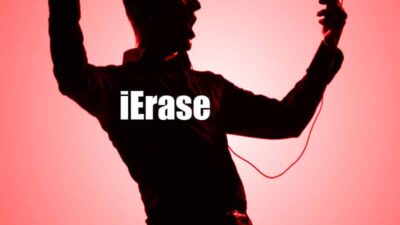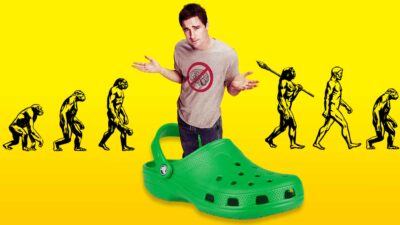The golden arches have fallen. At least in Iceland. Today, Icelanders are waking up to a new reality: Not a single McDonald’s restaurant exists in their country. Last night, all 3 Iceland McDonald’s restaurants permanently closed.
Both sales and popularity of McDonald’s in strong in Iceland. So, what events unfolded to dethrone the burger behemoth from the land of volcanoes and northern lights? Here’s the back story on why McDonald’s in Iceland failed.
The Rise of McDonald’s in Iceland
Iceland welcomed McDonald’s in 1993 to great fanfare, with hundreds lining up to get their first taste of a Big Mac. This gateway to American fast food culture signaled the country’s cosmopolitan vision and economic prosperity at the time.
McDonald’s itself saw Iceland as an intriguing new market to expand its northern European footprint. While skeptical voices questioned whether Icelanders would take to quick serve burgers, fries and shakes, McDonald’s remained confident its universal brand would prevail.
And indeed McDonald’s was an initial success story, tapping into enthusiasm for iconic American dining. It rapidly grew to 3 locations in the capital Reykjavik by 2004, catering to youth culture and busy professionals craving convenience.
On October 26, 2009, McDonald’s Europe decreed it was permanently closing all its restaurants in Iceland. This sudden exit came less than 2 years after its Icelandic locations recorded their highest burger sales. According to franchise owner Jon Ogmundsson, Icelanders were eating more McDonald’s than ever.So what dramatic turn of events led McDonald’s to abandon operations in Iceland?
Iceland’s Economy Melts Down
The major force at play was the devastating 2008 Icelandic financial crisis, which sparked a perfect storm leading McDonald’s in Iceland to fail. Iceland’s economy took a significant hit when its three largest banks collapsed, owes largely to years of unrestrained borrowing and debt accumulation.
The insolvency of such pivotal institutions sent Iceland’s economy into free fall. Its stock market plunged while inflation and interest rates shot up. Iceland’s currency, the krona, also sharply declined, losing more than half its value. This toxic combo created surging unemployment and a debt burden equaling 700% of Iceland’s gross domestic product.
An urgent $10 billion rescue package from the International Monetary Fund helped keep Iceland from complete bankruptcy. However, with austerity measures slashing national and consumer spending, Iceland settled into a long brutal economic recession.
The Shift From Global To Local
These major financial shifts transformed market dynamics around imports and exports. The weakened krona significantly increased costs for imported ingredients and goods. McDonald’s reliance on importing food staples from Germany and elsewhere became prohibitively expensive. Just assembling basic ingredients to make the standard items on the McDonald’s menu was very costly. For example, an imported bag of onions from Germany could cost as much as a couple bottles of whiskey.
McDonald’s found itself deeply out of sync with the new global economic reality after the 2008 crash. Adapting its highly optimized global supply chain to volatile local conditions proved extremely challenging. With costs to operate more than doubling since 2008, McDonald’s stared down diminishing returns from its Icelandic locations.
McDonald’s in Iceland also faced indirect pressure from changing Icelandic consumer attitudes. The intense economic pain combined with resurgent nationalist sentiments turned public opinion towards domestically produced food. Icelanders expressed growing demand to buy local, while McDonald’s imported and standardized model was increasingly viewed as out of touch. And the Golden Arches went from signifying cosmopolitanism to playing scapegoat for financial collapse.
With deeply eroded market viability, McDonald’s decided cutting losses was prudent. It concluded attempting business in Iceland’s radically altered conditions was too complex and risky compared to focusing on more promising markets.
Will McDonald’s Return To Iceland?
McDonald’s leaving Iceland marks the end of an era. It’s also an important learning experience for the company. The reality of operating globally is continually growing in complexity on political, environmental and social levels. McDonald’s learned that lesson in Iceland the hard way.
A return to Iceland will probably be unlikely. Like its anticipated entry into the country, McDonald’s departure from Iceland is also grabbing headlines. But this time, the headlines are mostly negative. Many Icelanders feel insulted that McDonald’s is leaving their country during a crisis. If the company decided to return in the future, they would have to overcome the perception of being a fair-weather friend to the country. That’s a position that even a giant fast food chain would have trouble overcoming.

Hey there, folks! I’m Rebecca McSwain. Let me give you a glimpse into my world—I’m all about two things: writing and cats, with a side of cooking for good measure. Writing has my heart. I can’t resist pouring my thoughts into poems and blog posts. I often do it just for the sheer joy of it, no strings attached. Now, let’s talk feline friends. Cats are my soft spot. You might even catch me with a furry companion on my lap while I’m busy crafting my next literary masterpiece. But wait, there’s more! I’m a bit of a kitchen magician too. Down here in the South, good food is a way of life, and I take that to heart. So, that’s me in a nutshell!






















 Virtual Halloween Pumpkin Carving Game – Fun Without The Mess
Virtual Halloween Pumpkin Carving Game – Fun Without The Mess
Leave a Reply